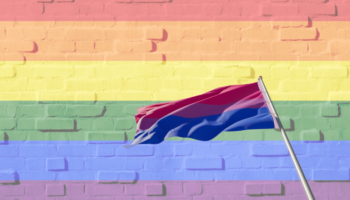Gender and sexual minorities is an umbrella term for people who are not heterosexual or cisgender. This term is commonly used in formal areas, such as the medical, educational, and legal fields. It is a more inclusive alternative to LGBTQ+ because it does not exclude people who do not identify as lesbian, gay, bisexual, transgender, or queer or questioning. GSM includes all these identities as well as pansexual, genderqueer, gender fluid, and many others.
Gender and sexual minorities is sometimes shortened to the acronym GSM.
More About Gender and Sexual Minorities
Gender and sexual minorities are very diverse, with different identities, personalities, and needs. However, many gender and sexual minorities face similar challenges. Gender and sexual minorities are more likely to battle mental health issues, including depression, anxiety, and addiction, than the general population. Suicide rates are much higher in this community.
Gender and sexual minorities often feel marginalized by society and its institutions, including the legal and health care systems. For example, some transgender people state that they feel judged by health care workers and will delay treatments, such as STI checks. Educating workers and implementing more inclusive practices can help GSMs feel more understood and accepted. Being aware of language specific to gender and sexual minorities, asking people their preferred pronouns, and only asking relevant questions can all help professionals who aren’t GSM interact with people who are.
Gender and sexual minorities are not just diverse because of their different gender and sexual identities. They are also diverse because they come from all walks of life. For this reason, people interacting with GSMs should never apply a one-size-fits-all strategy. For example, someone dealing with an Islamic transgender person should respect that person’s culture. This may require them to interact with the person differently than they would interact with an atheist transgender person, whose religion does not play a large part in their identity.



